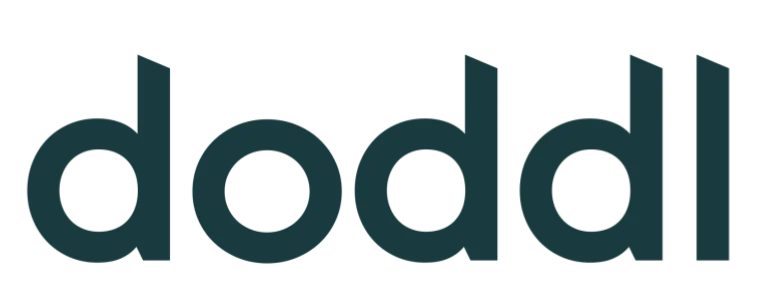What income will be taken into account?
As with all mortgage applications when it comes to income a banks primary concern is the sustainability of the income that they are relying on for mortgage purposes.
For employed individuals who are in permanent employment a bank will take current income into account. For a self employed individual the banks look retrospectively at income earned in prior periods and, depending on the lender, will take an average of the last two or three years taxable income. As such if your income in the current year is higher it will not be taken into assessment until the tax year is complete and you can show it as taxable income filed with Revenue.
Self employed – Mortgage Documents required –
The documentation used to establish income that is allowable for a self assessment tax filing made to Revenue annually, Form 11 and the Chapter 4 receipt which issues once the filing is complete. These documents for a sole trader will set out Revenue, expenses and net profit. This net profit figure is taxable and is the income figure a bank will take into account. For self employed individuals who are proprietary directors of a limited company the same tax filing will be made annually and income for tax purposes will be set out.
A bank will generally take an average of the last two years tax returned income into account so 2022 and 2023 tax returns and financial statements would be used for an application in 2024. 6 months business bank statements will also be required.
Important to note expenses such as mileage, subsistence or other taxable allowances cannot be taken into account for mortgage purposes as they are a refund of a cost to you as opposed to an income source.
In the case of trading via a limited company and where you draw a lower salary than maximum drawing capacity from the business i.e. there is a profit on the Accounts some lenders will allow you to add the profit to income. This is known as the addback method and also includes the deduction of commitments and adding back depreciation to come to maximum drawing potential which can be considered as allowable income for lending purposes.
Depending on the time of year a bank may ask for management accounts to confirm that income in current year is broadly in line with income being taken into assessment.
In general banks like to see income that is consistent in nature or growing, if there was a decline in Revenue or Income in the latest year then a lender may not average income but would take the latest years figure for assessment.
If you are self employed income can come from various sources, you may have one contract with a client or multiple revenue streams and clients. Any bank lending for mortgage purposes will always want to understand the nature of your business, the industry you operate in and any potential risks.
Some self employed contractors operate via an Umbrella company structure and so they will have tax returns annually but will not have Company accounts or company bank statements. In general with such contractors for example in the IT sector we would submit tax returns with a background re prior contracts so the bank can see track record.
Standard documents like your personal bank statements, copy passport/driving license and address verification will also be required.
What if there are loans associated with my business?
One item to be aware of is if you are a sole trader and have any loans in your name relating to the business these will need to be taken into account for mortgage purposes. The reason being is that the loans would be taken out in your name and even if the business is paying the loans they are still a personal liability. The same would apply to any personal guarantees given under a limited company structure.
Some banks are stronger than others when it comes to the assessment of a self employed individual for mortgage purposes –
There are ten lenders in the Irish market, some are stronger than others in terms of their credit policy and appetite for self employed applicants and different industries. Our team at doddl has three Chartered Accountants within our self-employed applications team along with huge expertise on how to assess and present self employed applications. This expertise is extremely important to ensure a mortgage applicant understands their options but also to be in a position to review a set of accounts and present the application in a comprehensive and positive manner to a mortgage lender.
Need some Advice?
Contact our Advisor team at doddl by providing some initial information and we will get back to you within 24 hours – Start here!




